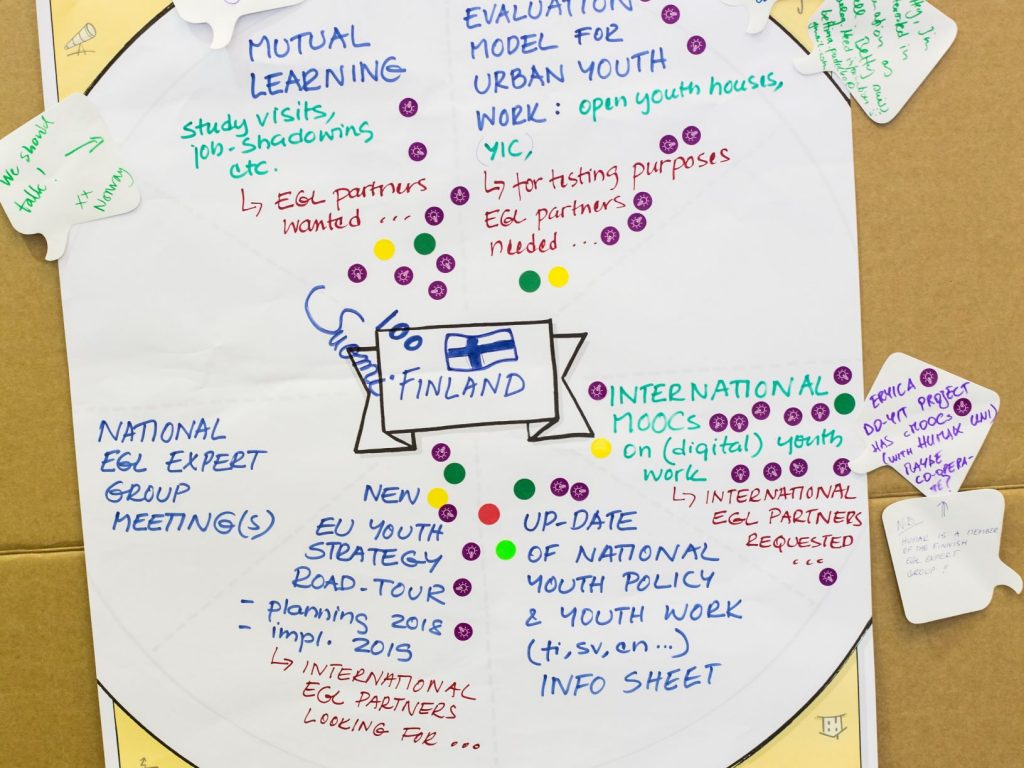I’m changing Europe!


Today, we present to you our Q&A with Jutta Kivimäki who is a Senior Programme Advisor with the Finnish National Agency for Education. For getting informed on Finland’s NA work, please take a look.
Q: Within the framework of EGL partnership, what are some highlights of the Finnish NA's plan and strategy for 2020? In what way they will help advance youth work in 2020 in Finland?
JK: Within the framework of our NA plan, we are planning to focus on trainings that support the quality development of local youth work, on implementing study visits for mutual learning and exchange of good practices as well as holding work meetings. We are also continuously promoting our ‘European Values’ posters and materials in order to emphasize and keep bringing in the European dimension in our work.
Q: What do you hope to achieve with these activities and initiatives?
JK: We hope that our planned activities and strategy will stimulate the implementation of good practices and will give an opportunity for our youth workers to meet and exchange valuable ideas and experiences. In Finland, we have a strong municipal youth work and with the mentioned planned trainings we also hope to further support the quality development of their work. When youth workers and municipalities meet only do they get new ideas and novel working models from their peers but are also able to share their good work.
Q: What is the role of the EU Youth Strategy in increasing the quality of local youth work?
JK: In Finland, each municipality builds and delivers its own strategy for the term of the Municipal Council, which runs four years. The strategy outlines the priorities and methods of operation that will be used to carry out the plan. The implementation and results are monitored by the municipalities, usually by the respective Municipal Committee and Municipal Council. On a national level, we have a Youth Act and our government establishes a Child and Youth Policy Programme every four years. The EU Youth Strategy has similar content to our legislation, even though it may be defined as slightly different. So when municipalities define their strategies and plans regarding youth work, all these political papers should be taken into account and more importantly aligned with local realities.
Q: How do you plan to use the European Charter to create good practices and standards for quality
local youth work in your country?
JK: We still experience some challenges in seeing the role of the Charter within our municipal youth work. The reason being that Finland has a strong and active political state, so the Charter’s recommendations and guidelines are already being implemented at a certain level by us. However, we are promoting it to the Centre of Expertise for Municipal Youth Work Kannuna, which in turn will take the Charter to various municipalities so that they could take it into consideration when they build their strategies and implement various activities. The accompanying Changemaker’s Toolkit will be actively promoted to all youth work stakeholders here. As an EGL National Working Group, we have been encouraging our municipalities and NGOs to share their good practices and be included in the Toolkit.
